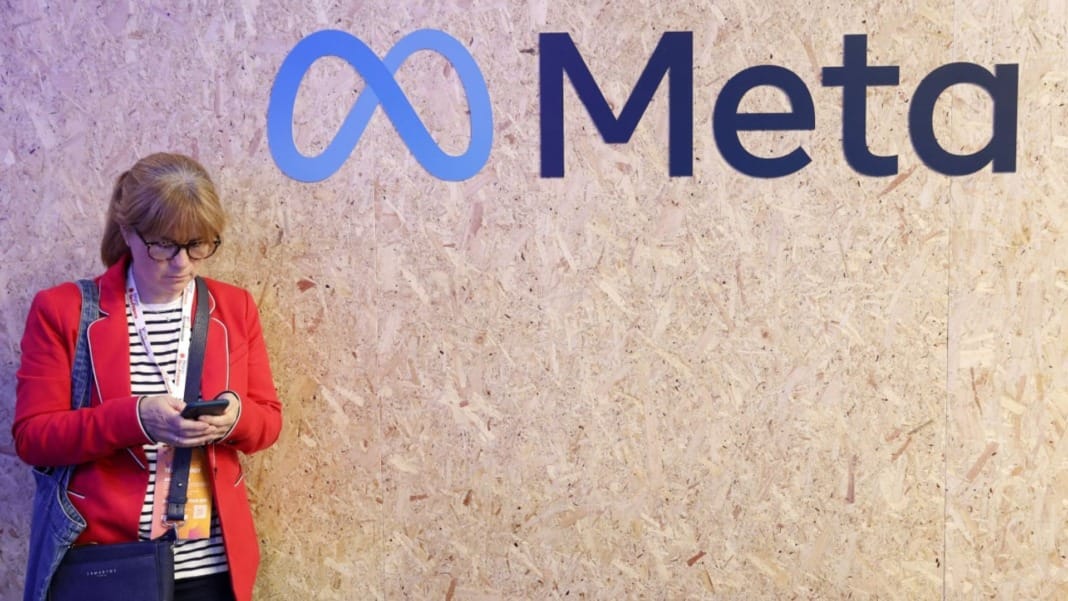Meta is changing its “Made with AI” labels after photographers raised concerns that the company was incorrectly flagging non-AI-generated content. In a recent update, Meta announced it would rephrase the label to “AI info” because the current wording “wasn’t always aligned with people’s expectations and didn’t always provide enough context.”
Changes prompted by feedback
Earlier this year, Meta introduced the “Made with AI” labels following criticism from the Oversight Board regarding its “manipulated media” policy. Meta stated it would use “industry standard” signals to determine when generative AI had been used to create an image. However, it wasn’t long before photographers noticed that Facebook and Instagram were tagging images with this label, even if they had not been made with AI. According to tests by PetaPixel, even minor edits with Adobe’s generative fill tool in Photoshop would trigger the label, such as when editing a “speck.”
While Meta didn’t specifically mention Photoshop in their update, the company noted that “some content that included minor modifications using AI, such as retouching tools, included industry standard indicators,” which led to the “Made with AI” badge being applied. These indicators could include specific patterns or structures commonly associated with AI-generated content. “While we work with companies across the industry to improve the process so our labelling approach better matches our intent, we’re updating the ‘Made with AI’ label to ‘AI info’ across our apps, which people can click for more information,” Meta said.
New label, same information
Despite the new label, the “AI info” tags will not provide specific details about which AI-enabled tools may have been used for the image in question. However, a Meta spokesperson confirmed that the contextual menu that appears when users tap on the badge will stay the same. This menu currently offers a generic description of generative AI and explains that Meta may add the notice “when people share content that has AI signals our systems can read.” Users can access this menu by tapping on the ‘AI info’ badge, which will provide additional information about the AI usage in the image.
Moving forward
Meta’s decision to update its AI labels is part of an ongoing effort to align with user expectations and provide a more precise context for its community. As AI continues to play a larger role in media creation and editing, companies like Meta are working to refine their policies and tools to better serve their users. This ongoing process ensures that the community is always part of the conversation.
In the meantime, photographers and content creators should expect the new “AI info” labels to start appearing on their images. However, with the promise of more precise and informative labelling in the future, Meta’s commitment to improving the accuracy of its labels is a step towards balancing transparency with the practicalities of AI integration in digital media, offering a brighter future for the community.





